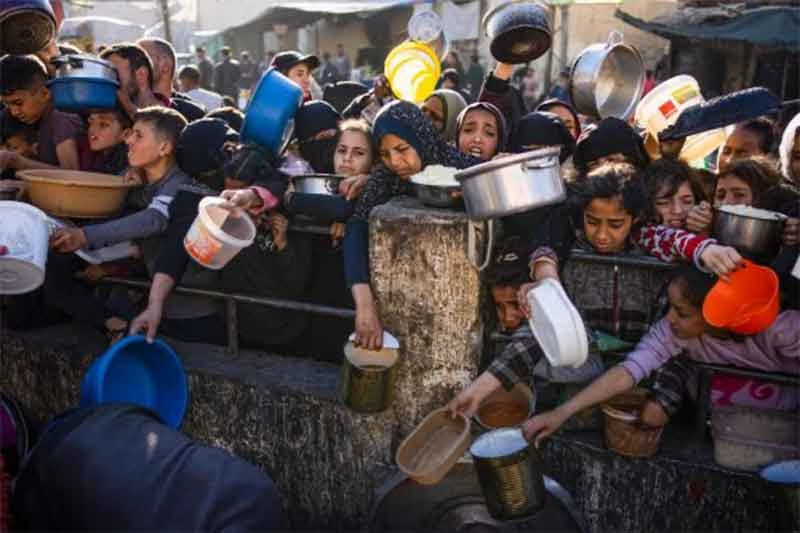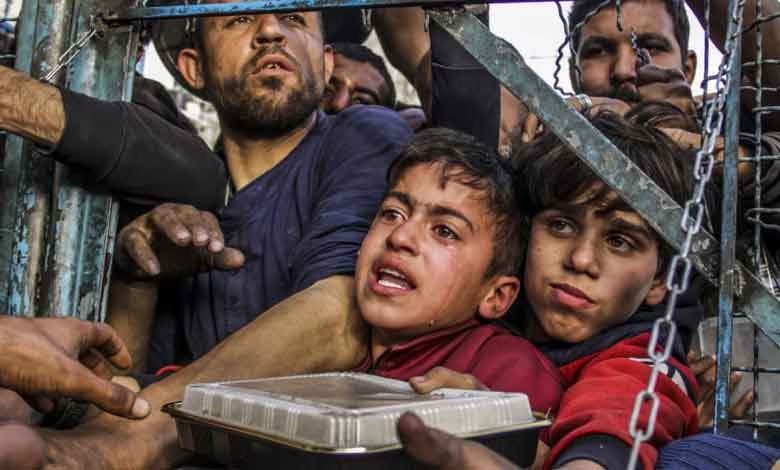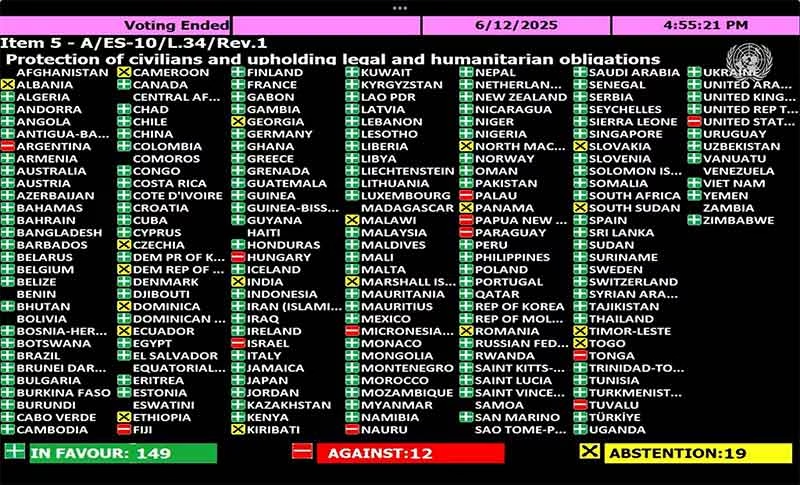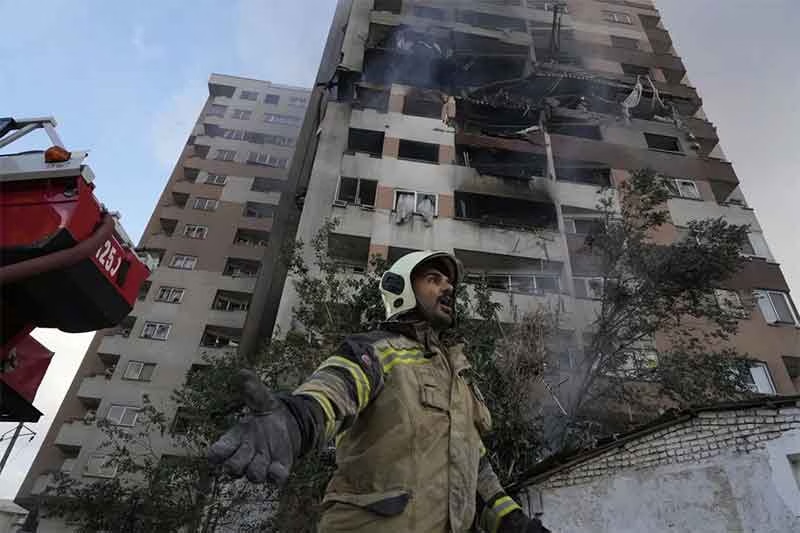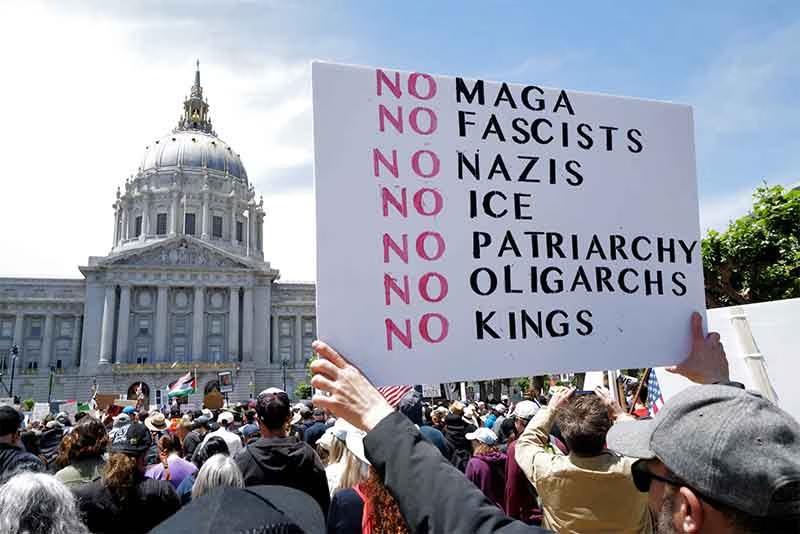
As the Iran-Israel conflict escalates into its most volatile phase in recent memory, India finds itself navigating a complex diplomatic tightrope. The Israeli airstrikes of June 13, 2025—dubbed “Operation Rising Lion”—have transformed the simmering tensions between Tehran and Tel Aviv into an overt military confrontation. While the world watches with bated breath, India, with its deep-rooted ties to both nations and a vast diaspora across the Middle East, is compelled to walk a path that is strategically prudent, diplomatically agile, and nationally secure.
India has historically maintained strong relations with both Iran and Israel, each vital to its national interests but in significantly different ways. With Israel, India enjoys an expansive defense and technological partnership. Israel has been among India’s top arms suppliers, and bilateral cooperation has grown steadily over the last two decades, encompassing agriculture, cybersecurity, counter-terrorism, and space technology. Prime Minister Narendra Modi’s historic visit to Israel in 2017 marked a watershed in India-Israel ties, signaling New Delhi’s willingness to engage Tel Aviv independent of its relations with the Arab world or Iran.
Iran, on the other hand, remains a key energy partner and a strategic gateway to Central Asia. The Chabahar Port, developed with Indian assistance, stands as a cornerstone of India’s connectivity ambitions, offering a trade corridor that bypasses Pakistan. Iran also holds cultural, religious, and civilizational importance for India’s sizeable Shia Muslim population, and New Delhi has been careful not to let geopolitical pressures alienate this traditional partnership. Despite the chilling effect of U.S. sanctions on Indo-Iranian trade, India has managed to sustain diplomatic channels and development cooperation with Tehran.
The eruption of open hostilities between Iran and Israel has thrown India’s balancing act into sharp relief. While New Delhi has not issued any statement condemning either side, it has unequivocally called for de-escalation and dialogue. India’s Ministry of External Affairs has reiterated its long-standing position favoring restraint, sovereignty, and the peaceful resolution of disputes. In the wake of the Israeli strikes and Iran’s retaliatory drone and missile attacks, the Indian government activated emergency evacuation protocols for Indian nationals across the region, particularly in Iran, Israel, Lebanon, and the Gulf states. With millions of Indian workers residing in West Asia, any conflict of this magnitude poses a serious humanitarian and economic risk to India’s interests.
Indian foreign policy, under the doctrine of strategic autonomy, has sought to insulate itself from alliance-based entanglements. In this conflict, however, that autonomy is being stress-tested. While Israel remains an important partner, especially in intelligence-sharing and defense procurement, India cannot afford to alienate Iran, which plays a crucial role in India’s westward connectivity and energy security. Moreover, an overt tilt towards either side risks antagonizing major global powers. The United States has expressed support for Israel’s security while urging restraint, whereas Russia and China—India’s fellow BRICS members—have largely sided with Iran’s narrative of sovereignty and non-aggression.
India’s immediate priority is safeguarding its diaspora and preventing the conflict from spilling over into broader regional instability. This includes coordination with the Gulf states, whose airspace and territory may be drawn into the unfolding conflict. Saudi Arabia and the UAE have called for de-escalation, and India is working closely with their governments to ensure the safety of Indian nationals. At the same time, New Delhi is carefully monitoring the situation at Chabahar, where any disruption could hinder India’s long-term strategic outreach into Afghanistan and Central Asia.
India’s diplomatic response is also shaped by domestic political calculations. The government must be sensitive to public sentiments, especially among its Muslim population, while also maintaining its strategic calculus. The Indian media has largely echoed the government’s position of neutrality, emphasizing humanitarian concern over ideological alignment. However, any escalation that draws in Hezbollah, the Houthis, or even Pakistani proxies could shift this careful neutrality into a more assertive posture.
At the multilateral level, India is expected to play a moderating role. As a current non-permanent member of the UN Security Council and a voice for the Global South, India has the diplomatic leverage to push for a ceasefire and initiate backchannel negotiations. Its longstanding ties with both Jerusalem and Tehran position it uniquely to mediate or at least facilitate dialogue. Whether India chooses to use this leverage remains uncertain, but the potential is undeniable.
The conflict also comes at a time when India is expanding its global footprint. As it prepares for the G20 presidency handover and deepens engagement with regional platforms like the Shanghai Cooperation Organization and the I2U2 (India-Israel-UAE-USA) initiative, India’s response to this crisis will be closely watched. It must not only reflect maturity but also a readiness to act as a responsible stakeholder in regional peace.
India’s challenge in this conflict lies in upholding its principles without compromising its interests. The stakes are high—not just in terms of diplomacy but also human lives, trade routes, energy security, and regional influence. In a world increasingly defined by polarization, India must strive to remain a pillar of balance, pragmatism, and peace.
Subscribe to Our Newsletter
Get the latest CounterCurrents updates delivered straight to your inbox.
Ashish Singh has finished his Ph.D. coursework in political science from the NRU-HSE, Moscow, Russia. He has previously studied at Oslo Metropolitan University, Norway; and TISS, Mumbai.



























